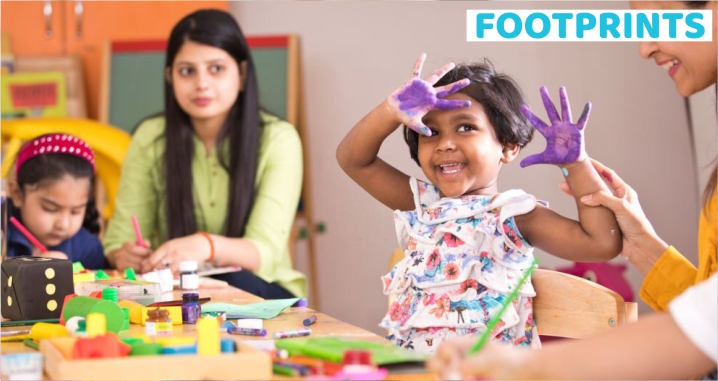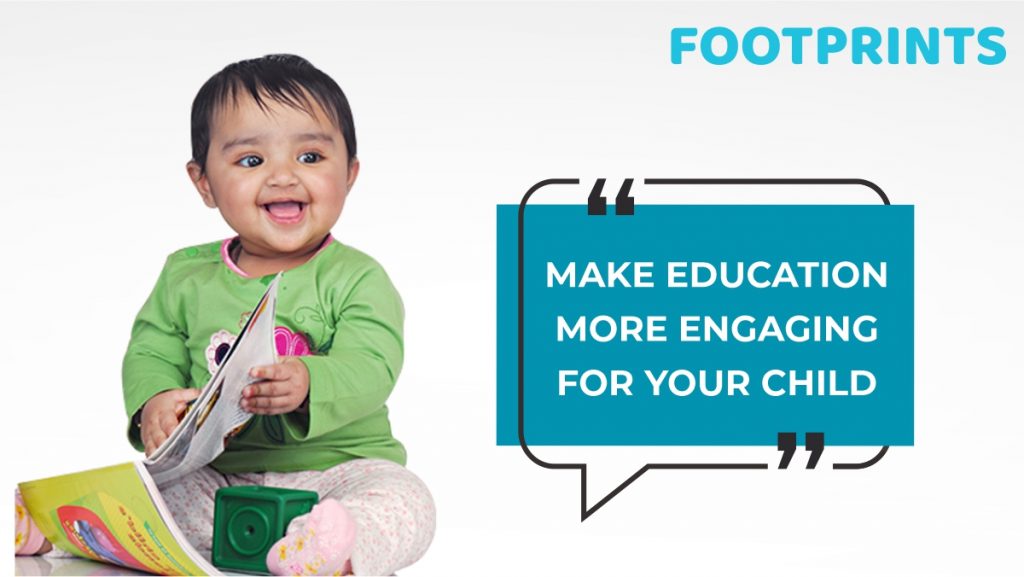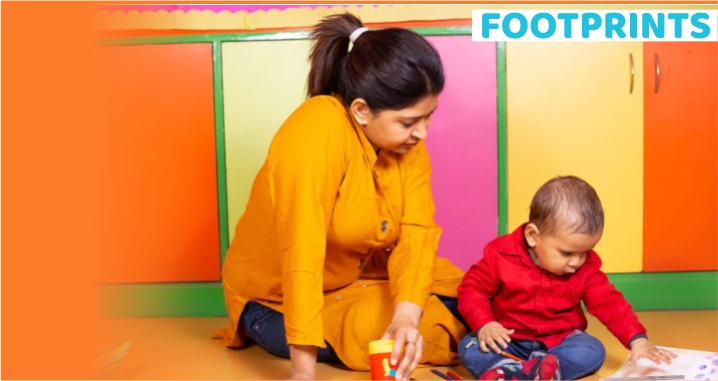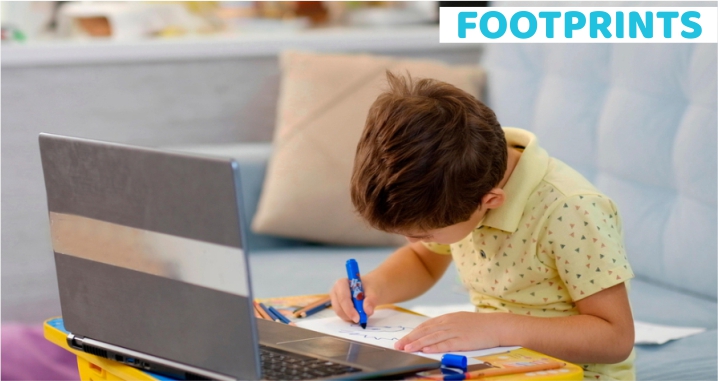
Every child is born with unlimited potential. It is sad that as adults instead of nurturing this potential we tend to start putting kids into boxes, comparing them with others academically, and in the process make education a chore for the child. What is important is that we acknowledge the fact that each child is unique and that different learning styles work for different individuals. If as a parent you are looking for an answer to how to make education more engaging for a child, here is help.
1. Engage all Kinds of Intelligence and Make Education More Engaging
As opposed to the idea of a single unchanging IQ of an individual, there are actually multiple types of human intelligence, each representing different ways of processing information. Providing the child with multiple ways to learn, therefore, increases engagement and learning. If your child is having trouble writing, for example, while helping with writing skills, you could help him or her learn a concept through a song, drawing a picture, and more. By giving the child a choice, you will make sure that you engage them better and make learning a lot of fun. Pro tip- It is important to remember that a child’s multiple intelligence profile isn’t static and can keep shifting over time. Exposing the child to different activities works well to allow them to learn and grow.

2. Value Strengths Instead of Focusing on What kids can’t do
Ever so often we tend to see what is lacking in children and label them accordingly. Instead of saying that the child is not good at reading, it will work well to build a child’s sense of pride in things that he is good at. The message that needs to go to the child is not “You are not good enough and need to be fixed.” While there are some basic academic competencies that children need to master, a hyper-focus on weaknesses can lead to negative outcomes. On the other hand, a strengths focus can build up children’s confidence and improve their outlook, which will lead to improved outcomes in all areas.
3. Connect Learning to Real life and Make Education More Engaging
It is imperative that when children are learning new things, you connect their learning to real life. For a child learning the concept of addition, for example, it will be good to help him find out the total of black and red cars that he saw on the road. When teaching them science concepts, will help to bring them to life with age-appropriate experiments. When you are teaching about plants, for example, plan a day outdoors where you can demonstrate all that you are teaching. With a little effort, you will be able to find enough and more ways to make learning fun.
4. Encourage Movement
Much as we would like the child to sit still and focus on what we are teaching, it is important to understand that nobody enjoys sitting still for long stretches of time. On the contrary, if the child is up and about she will be more alert and engaged. Wherever possible, therefore add movement to a lesson. For example, if you are teaching the child new words, you could demonstrate a movement that goes well with the word. Similarly, small steps like having the child give answers in the form of thumbs up or thumbs down will keep them engaged in the process of learning. Looking for ways to introduce some movement in the lesson plan can go a long way to keep the child active and make education more engaging.
5. Integrate Technology into Learning
Children surely love technology. When used in moderation, it can become yet another engaging learning tool. In fact, technology can bring a lesson to life for the child. From Virtual Reality field trips to showing the child the inside of the human body to taking the child to see the seven wonders of the world, virtually, there is a lot that can be achieved with technology. You could also demonstrate how technology can be used to look up important information. The answer to how to motivate kids to study can lie in the right use of technology.
Learning can be fun
When done correctly, learning can be a lot of fun. When lessons are interactive and also relate to real life, children are not only likely to enjoy the process of learning but also retain what they have learned. Here’s to set your young ones on the path of a lifetime of learning!




